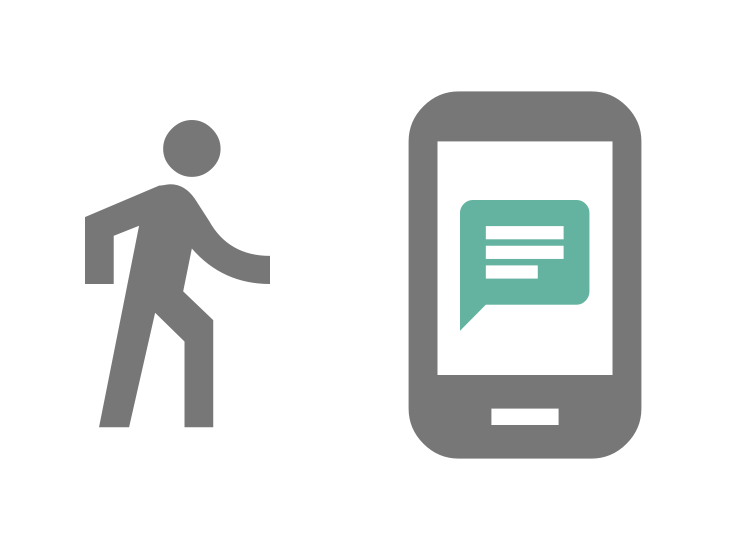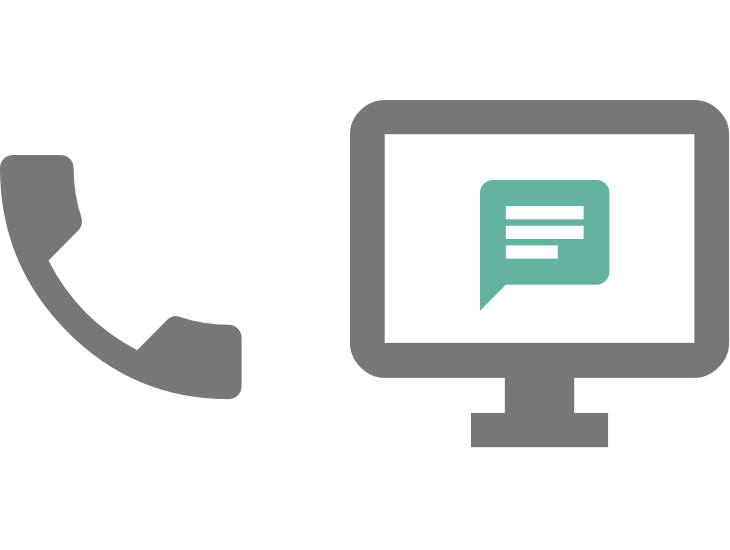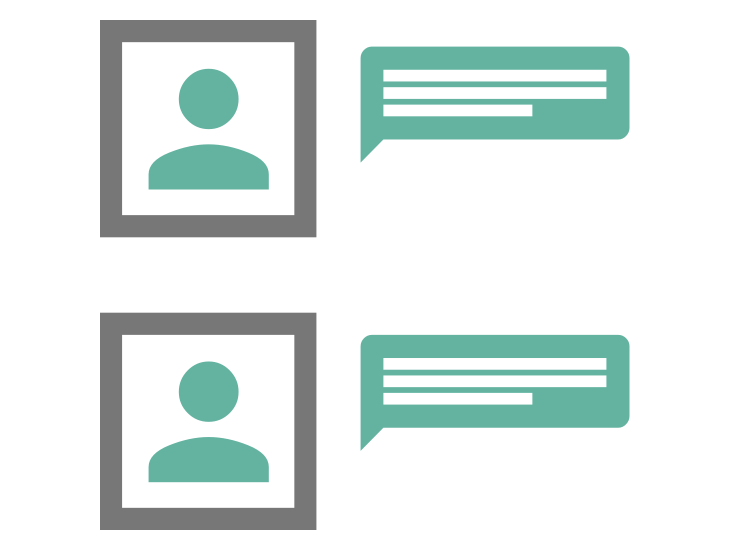GDLive Newsfeed
We check in with people at each stage of the cash transfer process to see how things are going. Take a look at some of their stories as they appear here in real-time.
Learn more about how recipients opt in to share their stories.

access_time
almost 2 years ago
Halima
enrolled.
"Lack of finances is the main challenge that I am currently facing. I depend on charcoal production as the main source of income. Crop farming is unreliable due to the prolonged drought. It has been three years since we received adequate rainfall and had a good harvest in the area. In a month I can earn KES 3000 which is not enough due to the high cost of food prices. In a day I need KES 500 to cater for the basic needs of my family of 3 members. Consequently, it is very hard to save for improving my shelter. All the proceeds go into buying food."
View Halima's
profile

access_time
almost 2 years ago
Ngirani
enrolled.
"Lack of money is the main challenge that I am currently facing. I am a palm wine tapper, a job that is not sustainable because the coconut trees have been greatly affected by drought, hence do not produce a lot of wine. In a day, I get 2 bottles of 1.5 liters each which sells at KES 80 per bottle. The proceeds are not enough for all the basic needs such as food, medical, and clothing. In a day I spend KES 400 due to the high cost of food prices. This has made me struggle to make ends meet. Sometimes, I am forced to borrow food from neighbors which is shameful."
View Ngirani's
profile

access_time
almost 2 years ago
Christine
enrolled.
"Lack of a sustainable source of income to sustain my family of five has been the biggest challenge in my life. We have been relying on a food kiosk in the village that is no longer sustainable because of the fluctuations of food prices in my country meaning the profits we get are not amusing."
View Christine's
profile

access_time
almost 2 years ago
James
enrolled.
"Currently the challenge I am facing is food because during the raining season our road get bad to the extend that we found it difficult for vehicle to enter our town and every prices increase."
View James's
profile

access_time
almost 2 years ago
Grace
enrolled.
"Over the last six months, my farm did well because I harvested enough maize that will last until August when my other crop will be ready to harvest. I am not worried about maize at this time when my neighbours have to buy the commodity at exorbitant prices."
View Grace's
profile

access_time
almost 2 years ago
Mercy
enrolled.
"Maize rust posted a big challenge on maize production in our region. This affected food basket making food sell at an exorbitant prices. This raises our cost of living making our life expensive stressful. As a result of this, my monthly income of KES 4,000 is a water drop in the ocean compared to family expenditure."
View Mercy's
profile

access_time
almost 2 years ago
Norah
received a $474 initial payment.
"After spending a lot on milk for my family of five in the past two years, buying a cow was a priority to me when I received the first transfer. Even though the prices were so high during this period, I managed to secure a dairy heifer that I believe will soon be producing enough milk for my household. All along I have had to work extra hard on my piece of land and also on the small grocery business I had been doing to ensure that I get some in come that would help in buying milk. It is a relief now that I have a cow to rear with hope of cutting the expensses in the future. I also spent KES 4000 on clothing for my children, paid labor on land preparation and purchase of seeds at KES 4000, and bought two sacks of maize at KES 10000 that we are using as foodstuff at the moment. I also spent the remaining on other smaller household goods. I am grateful for this support and looking forward to the second transfer."
View Norah's
profile

access_time
almost 2 years ago
Faith
enrolled.
"We do not have the financial muscle to build a better and more spacious house for our family. Subsistent farming is the source of our daily bread which earns us about KES 10,000 monthly. All of this money goes to family basic needs and paying school fees for my daughter and this leaves us with nothing to build a better house. When I receive this money I will budget KES 80,000 to build a four-roomed permanent house for my family. With this, we will now have a humble time to engage in other family developmental activities. Food is also selling at exorbitant prices in our region making our way of life hard and stressful. I will consider spending the remaining money to stock food such as maize and beans for my family."
View Faith's
profile

access_time
almost 2 years ago
Kadzo
received a $475 initial payment.
"Water is life and a very essential commodity for my family. When the drought struck 3 years ago, all the water sources within the village dried up, and were forced to buy water at higher prices from water vendors. It is for this reason that I spent KES 8000 on buying a 1000 liters water tank that will help in both storing and harvesting rainwater. This will help me cut costs in purchasing water and also traveling very long distances in search of precious commodity. I spent the KES 20000 amount on buying 8 pieces of iron sheets, 5 kg of nails, pieces of timbers, and building poles to build a new one-room house for my family. The current house I am living in is very tiny and cannot accommodate all the members of my family (husband and four children). Building the new house will create enough space to accommodate all the members of my family. Finally, I spent the remaining amount on medication for my husband. For over two years, he has faced challenges in passing out urine affecting his well-being and making him unable to work. Due to my low income, I could not seek proper medical attention, hence making his."
View Kadzo's
profile

access_time
almost 2 years ago
Kahaso
received a $10 initial payment.
"In our locality, we have been affected by prolonged drought. This situation has subjected us to famine since food is scarce and its prices are extremely high. As soon as I confirmed my transfer receipt, I opted to buy 3 packets of 2kg maize flour. On that day, we had depleted food we had and I had no money for buying additional foodstuff. I am glad that out of the transfer, I was able to use KES 800 to start up a business dealing with the sale of foodstuff in the nearby market. From this business, I am assured of raising a net profit of KES 200 daily, which is relatively better and can comfortably support my family. Previously, I was relying on making and selling charcoal, a venture that was strenuous and less profitable."
View Kahaso's
profile





